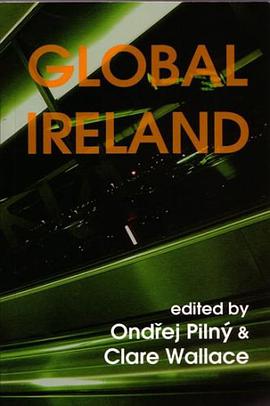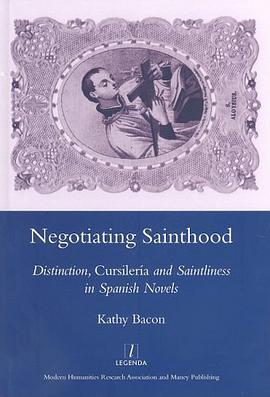

具体描述
Martel's La bolsa (1891) initiates, and Dorfman's Reader (1995) concludes, a study of the white-collar citizens of Buenos Aires and Montevideo in their daytime habitat: the office. The literary background is the European literature of bureaucracy: Balzac, GaldA3s, Gogol, Dickens, Dostoyevsky, Kafka; the theoretical approach is through the sociologists Max Weber and C. Wright Mills; the historical context is the twentieth century: the decline of European power and the ascendency of the USA; two World Wars; the Wall Street crash; communism and fascism. Through the eyes of Arlt, Benedetti, CampodA3nico, CortAzar, De Castro, Denevi, FernAndez, Marechal, Mariani, MartA-nez Estrada, Onetti and Ricci, we observe life on both sides of the River Plate, as the two countries succumb to polarisation, repression and, eventually, military dictatorship. This is the twentieth century, viewed by a bewildered, frequently anguished participant: the person at the next desk. PAUL R. JORDAN lectures in Hispanic Studies at the University of Sheffield.
作者简介
目录信息
读后感
评分
评分
评分
评分
用户评价
相关图书
本站所有内容均为互联网搜索引擎提供的公开搜索信息,本站不存储任何数据与内容,任何内容与数据均与本站无关,如有需要请联系相关搜索引擎包括但不限于百度,google,bing,sogou 等
© 2026 book.wenda123.org All Rights Reserved. 图书目录大全 版权所有




















